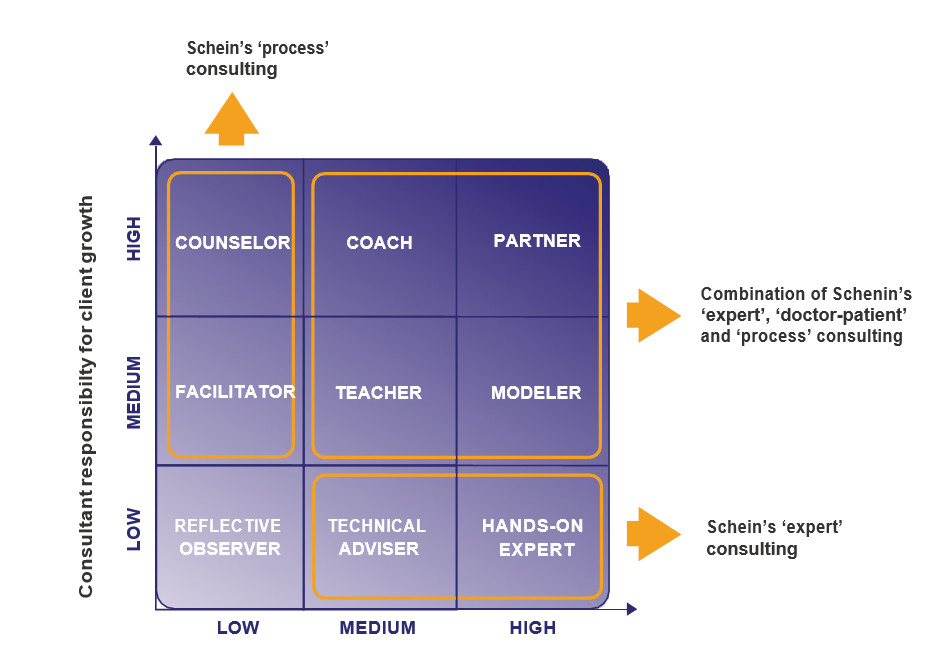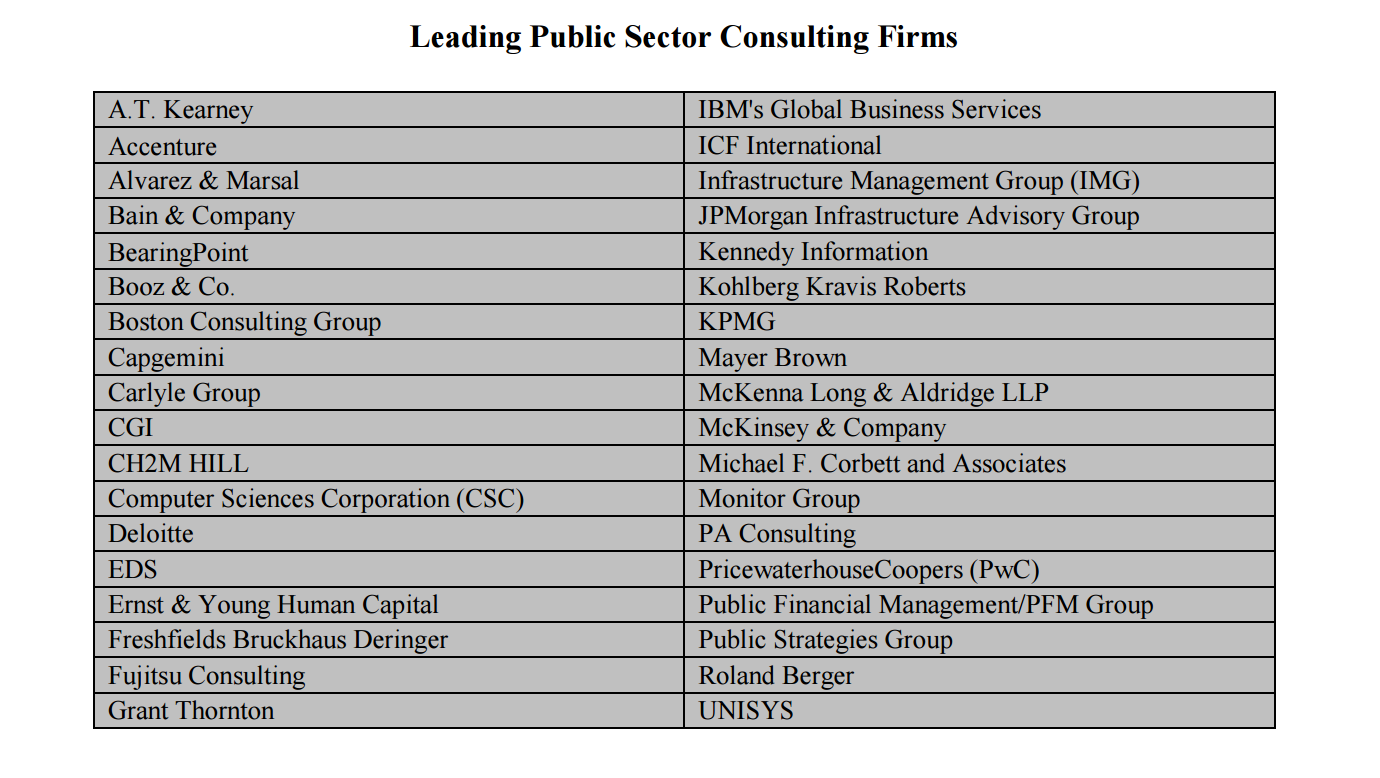
Management of human resources requires you to understand and measure the skills of your employees. Your business can use these skills to develop a pay incentive system that is more aligned between salaries and skill sets. You can avoid high turnover rates by creating a pay-for skills system. Employees will be encouraged to improve their core competencies and supported by the employer. This approach will make employees feel more valued and allow them to stay with the company longer.
Employee engagement
Engaging employees is an essential component in managing human capital. Engaging employees means giving them meaningful feedback and giving them a sense of purpose. This process gives employees a voice and allows them to express their concerns and ideas. As such, managers should communicate regularly with their staff to understand their concerns and give them regular feedback.
Employee turnover is one of the most significant factors affecting an organization's productivity. According to a Gallup study, millennial turnover costs organizations $30.5 billion annually. Engaged workers are more satisfied at work and are more likely stay in their current positions.
Performance Management
Performance management for human capital aims to align the organization's strategy with employees' performance. It involves setting goals and objectives and ensuring that everyone works in the same direction. This involves creating and managing individual performance plans. It also includes determining compensation. Performance management also helps to identify and develop high-potential employees. This approach can also be used to hire and fire, evaluate performance, and identify training needs.

The best performance management system will integrate performance improvement and employee engagement and ensure that employees feel committed to learning and development. Microsoft's call center agents gamification program shows this well. The objective of this program is to ensure employees have the skills, knowledge and abilities necessary to perform their duties. The performance management system should be integrated with the employee development program to ensure success.
Compensation
It is crucial that you have the right compensation to attract the best talent for your position. The key to attracting the right talent isn't only about cash. It's about how you motivate your employees. A strong compensation management system is a key tool to help companies retain and attract top talent. A company's ability to choose the right combination of compensation can increase its revenue and efficiency.
The goal for compensation management is to ensure competitive salaries and benefits that meet current worker needs. This involves analyzing employment data and keeping up to date on complex benefits administration rules. While compensation is important, it is also vital to ensure that employees are paid appropriately and on time.
Pay-for-performance
Pay-for-performance is a great way to motivate your employees and retain them. Employees can increase their wages by setting specific goals. This model can also help you to hire higher-skilled employees. While this type of compensation is not suitable for every company, it can encourage top performers to stay.
It is vital to ensure that the CEO, HR and other departments are fully committed when implementing pay for performance. Middle management will be more inclined to support the concept if top management agrees with it.

Learning
Employers can maximize their employees' value by using learning as part human capital management. There are many options to make learning part of your business, regardless of whether you are hiring a new or existing employee. To improve your human resource, it is essential to research industry trends and determine the needs for your staff.
This can be done by providing training for your employees. Proper training will increase employees' confidence and enthusiasm for their jobs. Employees who feel competent at their job will do well.
FAQ
How much does it cost for a consultant to be hired?
It is not easy to determine how much it will cost to hire a consultant. These factors are:
-
Project size
-
Time frame
-
Scope of work
-
Fees
-
Deliverables
-
Other factors to consider include location, experience, and other considerations.
What qualifications does a consultant need?
It's not enough just to have an MBA degree; you must also demonstrate experience working as a business consultant. At least two years experience in training and/or consulting for major companies is required.
You will need to have worked closely alongside senior management teams in order to develop strategy projects. You will need to feel comfortable communicating ideas to clients and getting their support.
A professional qualification exam, such as the Certified Management Consultant (CMC), of the Chartered Management Institute (CMI), is also required.
How do I choose a consultant?
There are three major factors you should consider:
-
Experience - How much experience does this consultant have? Is she a beginner, intermediate, advanced, expert, or something else? Is her resume a proof of her skills and knowledge?
-
Education – What did this person learn at school? Did he/she go on to further education after graduation? Can we see evidence of that learning in the way s/he writes?
-
Personality: Do you like this person or not? Would we like him/her to work with us?
-
These questions can help you determine whether the consultant is right for your needs. If you do not have the answer, it is worth interviewing the candidate to find out more.
What are the types of contracts available to consultants?
When they are hired, most consultants sign standard employment contracts. These agreements detail the length of the consultant's contract with the client, the amount he/she is paid, and other important details.
Contracts may also include details about the specific areas of expertise that the consultant is going to be focusing on as well as how they will be compensated. For example, the agreement may say that the consultant will provide training sessions, workshops, webinars, seminars, etc.
Sometimes, the consultant agrees to do certain tasks within a given time frame.
Many consultants sign independent contractor agreements in addition to the standard employment agreements. These agreements allow the consultant work on his/her own but still receive compensation for his/her efforts.
Statistics
- 67% of consultants start their consulting businesses after quitting their jobs, while 33% start while they're still at their jobs. (consultingsuccess.com)
- Over 62% of consultants were dissatisfied with their former jobs before starting their consulting business. (consultingsuccess.com)
- "From there, I told them my rates were going up 25%, this is the new hourly rate, and every single one of them said 'done, fine.' (nerdwallet.com)
- Over 50% of consultants get their first consulting client through a referral from their network. (consultingsuccess.com)
- According to IBISWorld, revenues in the consulting industry will exceed $261 billion in 2020. (nerdwallet.com)
External Links
How To
How To Start A Consultancy Company, And What Should I Do First?
Start a Consulting Company to make some extra money from home. You don't have to have any business experience. A good place to start your own consulting company is to build a website. To promote your services, you will need to create a website.
These tools allow you to make a marketing program that includes the following:
-
Creating content (blogs)
-
Establishing relationships (contacts).
-
Generating leads (lead generation forms)
-
Selling products via ecommerce websites
After you have developed your marketing strategy, it's time to find clients willing to pay for your services. While some people prefer to attend networking events and groups, others prefer online methods like Craigslist, Wikijiji, or Kijiji. You have the freedom to choose.
After you have found new clients, it's important to discuss terms and payment options. You can discuss hourly rates, retainer agreements, flat fees, and other options. Before you accept a client, you need to know what you expect so that you can communicate clearly all through the process.
An hourly contract is the most popular type of contract for consulting services. In this case, you agree to provide certain services at a fixed rate each month or week. Based on the service you provide, you might be able to negotiate a discount based on the length of your contract. It is important to understand the terms of any contract you sign before you sign it.
The next step is to create invoices and send them to your clients. Invoicing is one thing that looks simple until it's actually done. There are many different ways to invoice your clients, depending on your preferences. For example, some people prefer to have their invoices emailed directly to their clients, while others print hard copies and mail them. Whatever method you choose, make sure it works for you!
After creating invoices are complete, you will need to collect payments. PayPal is preferred by most because it is easy-to-use and offers multiple payment options. However, other payment processors are available, including Stripe, Square Cash, Google Wallet, Apple Pay, Venmo, etc.
Once you're ready and able to collect payments, you should set up bank accounts. Separate checking and savings accounts allow you to keep track of income and expenses separately. Setting up automatic transfers into your bank account is also helpful when paying bills.
It may seem overwhelming to start a consultancy, but once it is done correctly, it becomes second-nature. This blog post will provide more information about starting your own consultancy business.
A consulting business is a great way of making extra money without worrying about your employees. Remote consultants don't need to be tied down by office politics or work long hours. Since you are not tied down by regular working hours, you have more flexibility than a traditional employee.